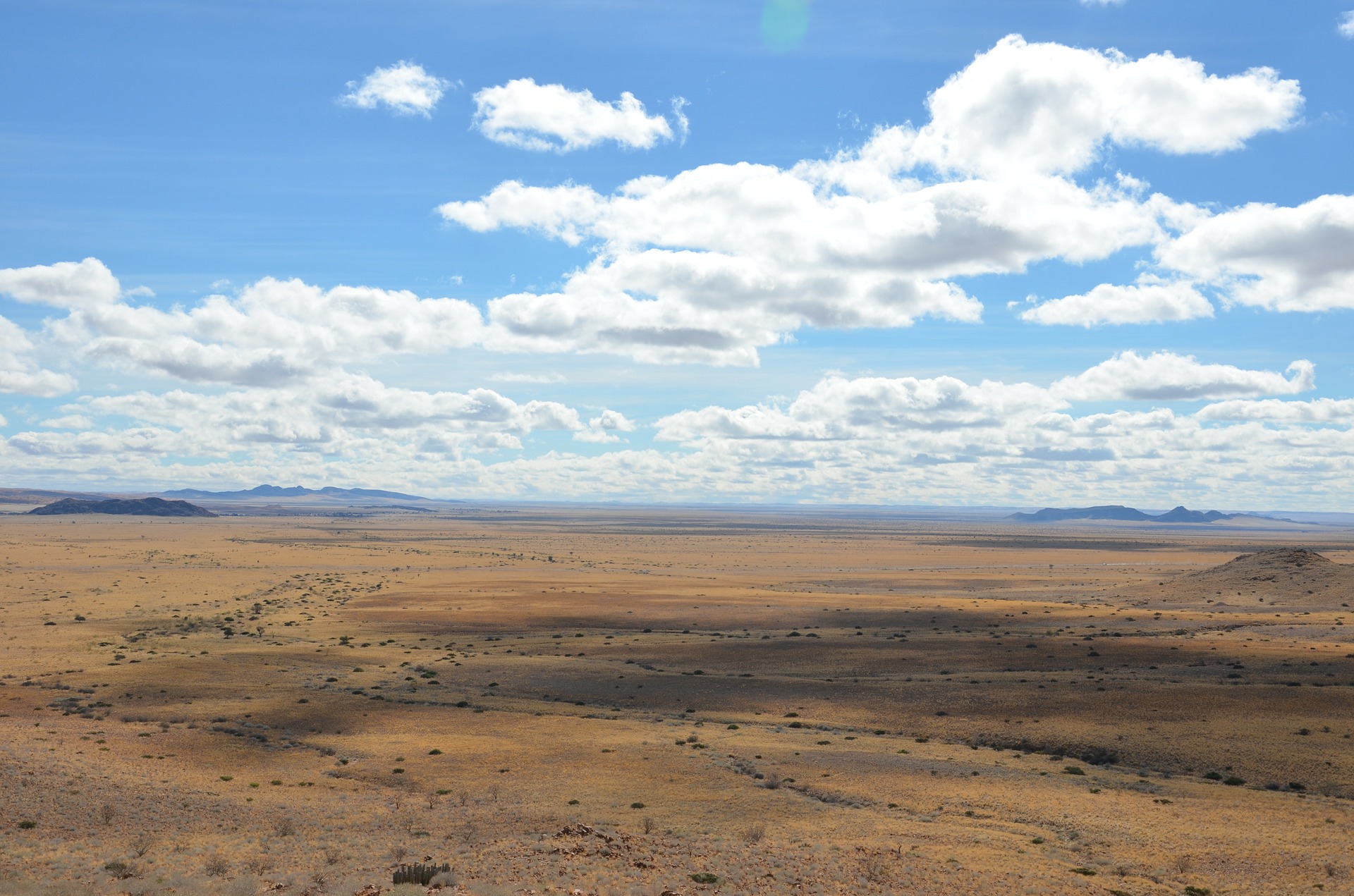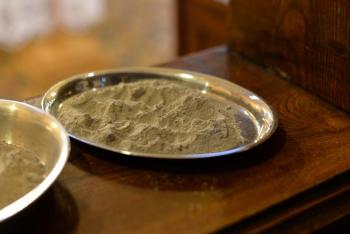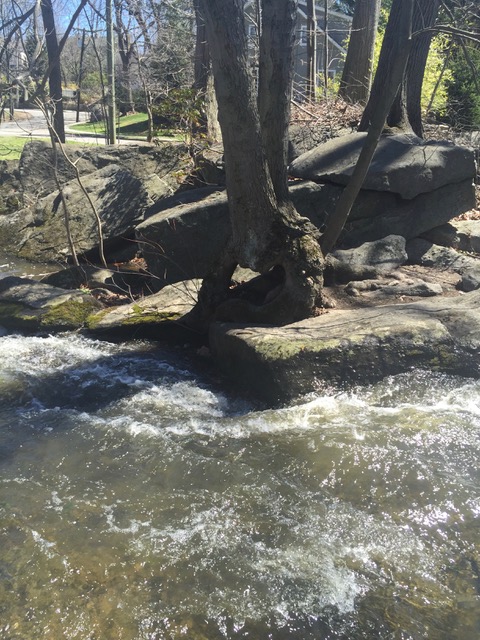
As we enter the forty days of Lent, we remember its parallel with Jesus’ forty days in the desert, and we consider what the desert may hold for us, the Bride for whom He battled and fasted.
In the Song of Songs, a kind of mystic parable of God’s love, the desert is a place of intimacy and transfiguration. It is the lair of the bridegroom and his retinue, where the warriors array themselves in all their battle finery and emerge carrying the Lover like a prize to his Beloved, who cries out, “Who is this coming up from the desert like a pillar of smoke, perfumed with myrrh and incense made from all the spices of the merchant?” (Song 3:6).
And later, in a charged, perhaps mischievous refrain, the Friends catch a glimpse of the Lover and Beloved returning from a tryst in the wilderness and call out with joy: “Who is this coming up from the desert leaning on her lover?” (Song 8:5)
In both instances, the cry comes: “Who is this?” The sense is that the encounter in the desert — whether one of friendship or passion — has transformed the face of the one who went away. The Lover comes forth from the desert in power; the Beloved comes forth in deep rest. Both emerge with honor: the man carried on the shoulders of his friends, the woman leaning on the shoulder of the man who loves her.
I spent the summer of 2017 working in Erbil, the capital of the Kurdish Republic of Iraq, a desert city standing only about 50 miles from Mosul. My company’s office was located on one of Erbil’s outermost ring roads, a couple of very hot blocks from the apartment complex where I lived. Although a driver and car were available to me, I often walked home. The dry heat was crushing — hot enough to peel the polish off my fingernails — but I wanted to know it, even just for a brief span of the day as the sun set red against the city’s half-built skyscrapers.
I felt my bones burned to a sieve as I walked home each evening, and at night I dreamed vividly, old memories and wounds ignited by heat and light until they grew molten and poured out of me. Sometimes I did not know what I had dreamed until I woke in the morning and seemed able to smell on my skin or feel in my limbs the reverberation of a purgative encounter. The heat humbled my body and drew me very deeply to prayer, especially at the quiet of daybreak, when the heavy desert sun peered around the mountains and lit the city. Prayer drew me to the heart of God, and His love filled me.
The desert was healing, and its healing was costly. It was an intimate encounter with a God whose power burns out our wounds so that they well up with His love. I don’t know if, like the Lover and the Beloved, my countenance was totally transfigured, but I know that time in the desert changed my body. It was steadier, stronger, a more worthy tether for my spirit. And my face must have reflected this. I recall meeting up with an old friend after I returned home, and she looked at me with awe and affection and said: you have never been more beautiful.
 Preparing for Lent this year, I have considered the promise of the Song of Songs and the arduousness of that summer in the Iraqi desert. It reminded me of something a friend told me years ago during my ten-year journey from the low-church Southern Baptist denomination to the smells, bells, and ritualized calendar of the Catholic Church: there is no feasting without fasting.
Preparing for Lent this year, I have considered the promise of the Song of Songs and the arduousness of that summer in the Iraqi desert. It reminded me of something a friend told me years ago during my ten-year journey from the low-church Southern Baptist denomination to the smells, bells, and ritualized calendar of the Catholic Church: there is no feasting without fasting.
In many ways, I have known this to be true. The more ardently I accept and submit to the Catholic Church’s brief bodily disciplines, the more lavishly my body rejoices in the final feast. If I can muster the courage to forgo small consolations of food and drink, I set my will and body in a kind of desert place where the purgation of the warrior and intimacy of the lover is possible. I train for battle and I gaze into His eyes, so that at the end of the forty days I may emerge exhausted, joyful, leaning the shoulder of my Lover.
Laura (DC)


Beautiful, Laura — thanks for sharing your powerful experience of the desert. Blessings this Lent,
Thank you, Chris. Blessed Lent to you too!
Laura, this is beautiful. Thanks for sharing. May we all find beauty from the ashes. Love you.
Thank you dear M!
Lovely LM.
Jones
thank you Jones <3